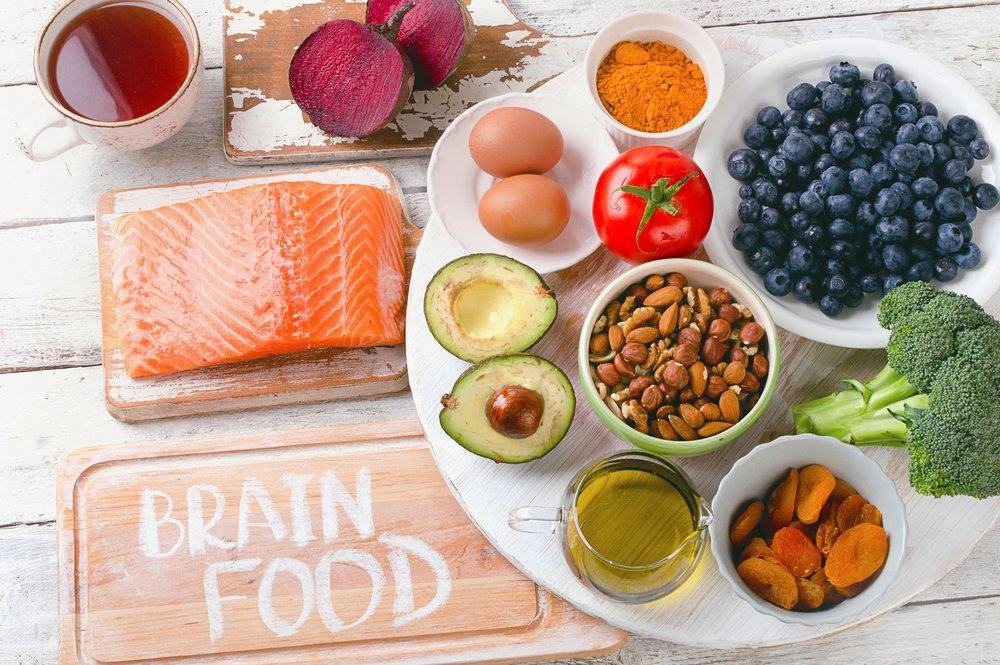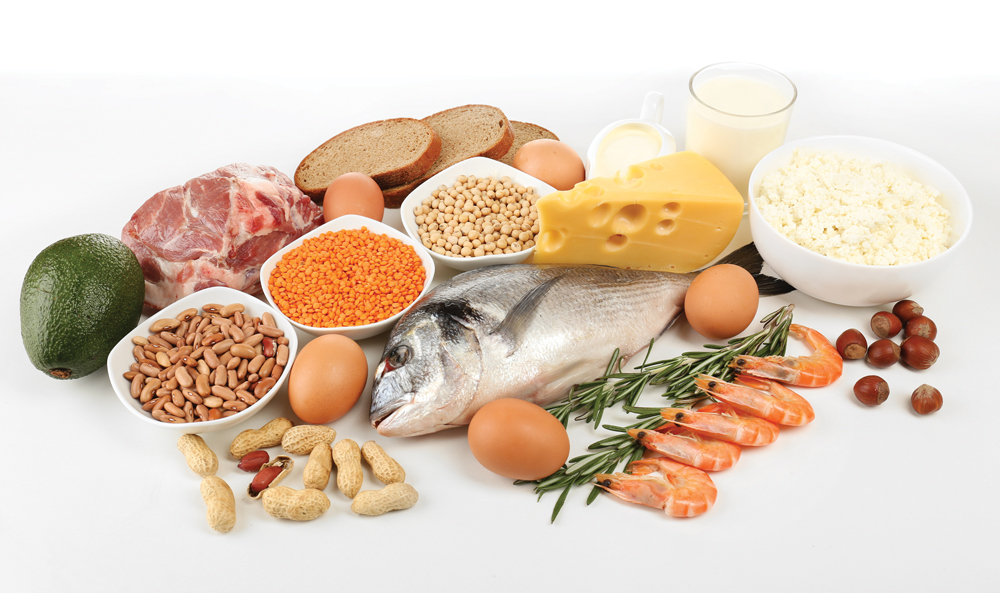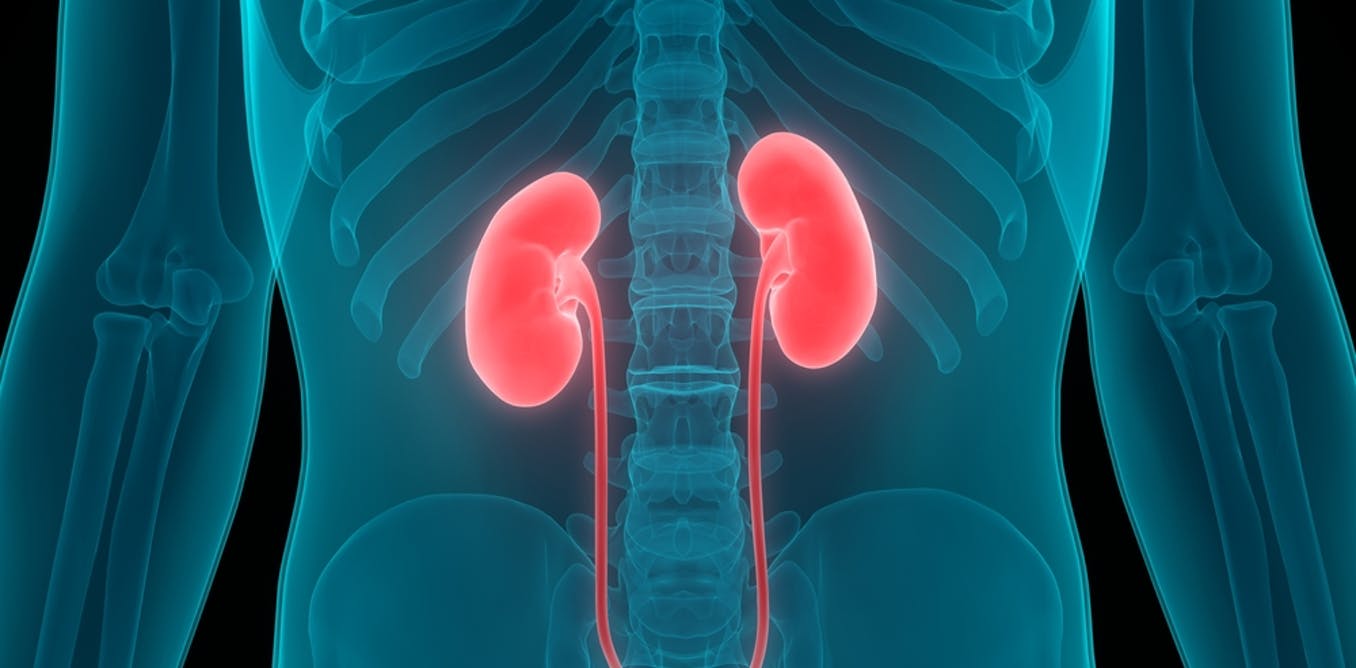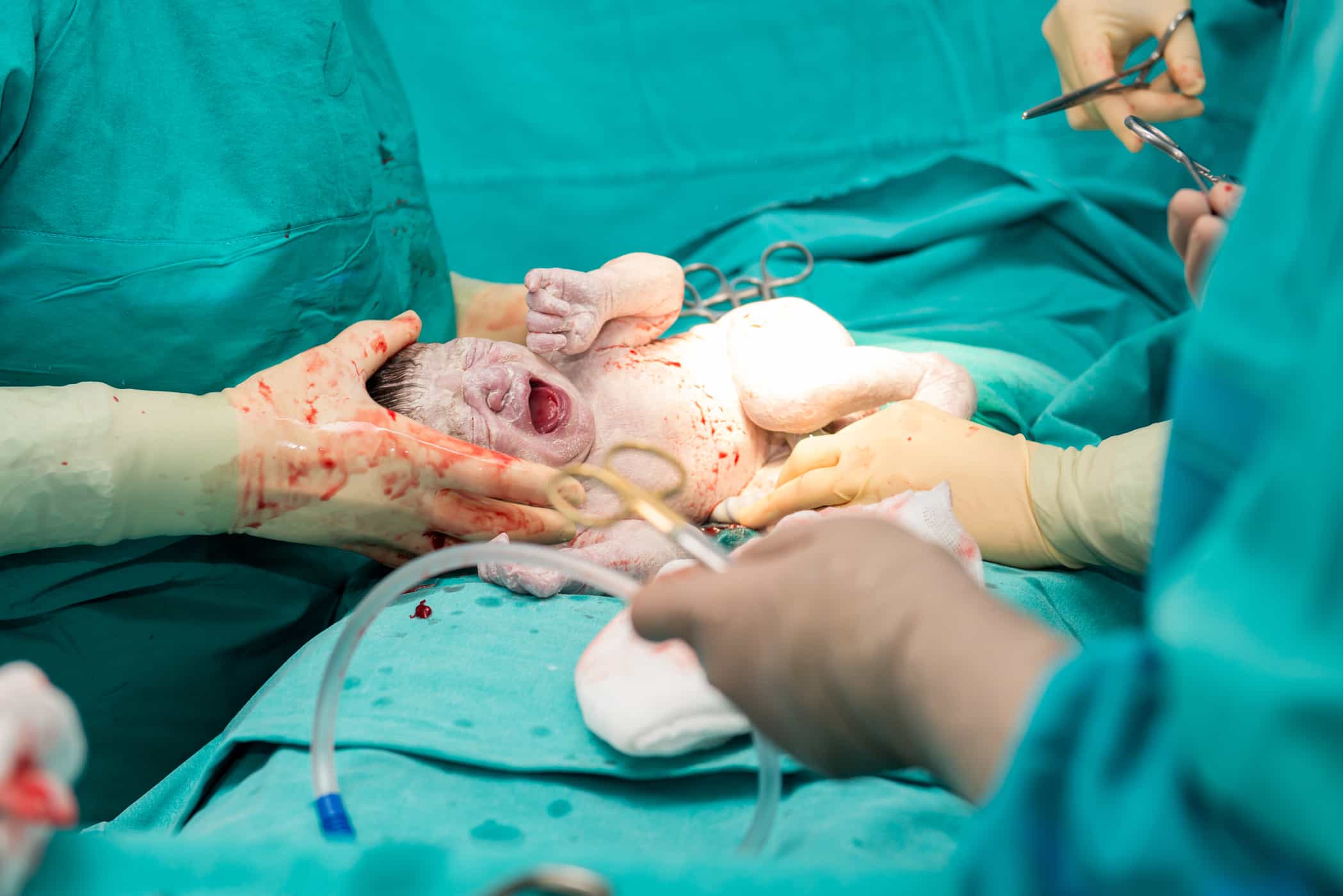Contents:
- Medical Video: Early Brain Development - Boys Town Pediatrics
- Fish
- Spinach
- Meat
- Egg
- Milk and milk products
- Nuts
- Avocado
- Ubi
Medical Video: Early Brain Development - Boys Town Pediatrics
The brain experiences rapid growth in the womb. In fact, the initial formation of the fetal brain can determine the growth and development of the child's next brain. To help the growth and development of the baby's brain in the womb, of course you need lots of nutrients. Therefore, during pregnancy you should increase the consumption of the following types of foods to encourage brain development in the womb.
Fish
Many myths say that pregnant women should not eat fish because later their children can smell fishy. Most of you may not believe this. Yes, this is a myth. Instead, fish are needed for pregnant women to support the growth and development of the brain in the womb. A study conducted by Harvard Medical School showed that the more fish consumed by pregnant women during the second trimester, the higher the score of a baby's mental development test at 6 months of age.
Fish contains a lot of omega-3 fatty acids, especially DHA (docosahexanoic acid). DHA is very important to help the growth of the brain and nervous system of children in the womb. You may often hear DHA in formula milk. But, you can get these nutrients in fish, especially fatty fish such as salmon, tuna and sardines.
READ ALSO: How to Reduce Mercury Exposure from Seafood and Sea Fish
Sardines are the best because they contain less mercury contamination than other fish and also contain vitamin D. Vitamin D is also important for you to support the growth of bones and teeth in the womb. You should consume at least 2 servings of fish per week. This is good for you and your future baby.
Spinach
Spinach is one of the green vegetables that you can easily get. Cheap price but very big benefits. Spinach contains folic acid which is an important nutrient for pregnant women. Why is it important? Folic acid is needed to help the early formation of the baby's brain and spinal cord, help produce new DNA, and to regulate cell metabolism. In addition, folic acid can also act as an antioxidant that can protect your baby's brain tissue from damage.
Lack of folic acid during pregnancy can increase the risk of your baby experiencing birth defects. You are advised to meet the needs of folic acid during pregnancy, even before becoming pregnant. Besides spinach, you can get folic acid from other green vegetables, such as kale, broccoli, mustard greens, lettuce, and so on.
Meat
Many people think meat is not good because it can cause obesity, increase cholesterol, and other negative effects. But wait, don't think too much about meat because actually meat contains lots of nutrients, like iron and zinc. Iron and zinc are also nutrients that are needed to increase the growth and development of the brain in the womb.
Iron affects the production of compounds in the brain and the formation of myelin (to accelerate communication between nerves in the brain). In addition, iron can also support oxygen transport from mother to baby in the womb. Iron deficiency can cause mental development in children. Meanwhile, zinc is needed to help the formation of cells and tissues and is very important for building brain structures.
You are advised to eat meat (beef, chicken or duck meat) at least one or two servings a day to get the essential nutrients contained in it. To avoid the negative effects of meat, you should choose lean meat.
READ ALSO: Why Do Women Need to Take Folate Before Pregnancy?
Egg
Many of us only know eggs as a source of protein. However, more than that actually eggs also contain many important nutrients, such as iron and choline. Both of these nutrients are very important for the growth and development of the baby's brain in the womb. The benefits of iron for the child's brain are explained above. Meanwhile, choline is useful in helping the development of memory and learning abilities of children for life. You can get choline in egg yolks. 1 boiled egg can contain as much as 113 mg of choline, while your daily choline requirement is 450 mg.
Milk and milk products
We have seen that milk and dairy products contain a lot of calcium which is needed for the growth of bones and teeth in the womb. In addition, it turns out milk and milk products also contain iodine. Iodine is also important for brain and mental development in the womb. WHO has warned that iodine deficiency during pregnancy can cause mental delay problems.
You can get iodine from milk and yogurt, especially greek yogurt. In 150 grams greek yogurt, You can get iodine as much as 50-100 mcg. Your iodine needs during pregnancy are 220 mcg.
Nuts
You can make nuts as a snack during pregnancy. Besides being rich in protein, niacin, omega-3 fatty acids, and folic acid, legumes are also a good source of vitamin E. Vitamin E is needed to support the function of DHA and also to protect the brain cell membranes in the womb. Nuts also contain vitamin B6 which can help normal brain function because it can help communicate between brain cells.
Avocado
Avocados are fruits that contain fat in both monounsaturated fatty acids. Good fat is needed by the brain, because the developing brain consists of 60% fat. Avocados contain high amounts of oleic acid which can help to form and maintain myelin. Because of these benefits, avocados are one of the fruits that you are advised to consume during pregnancy.
Ubi
Sweet potatoes contain beta-carotene, where beta-carotene is also needed for brain development in the womb. This beta-carotene will be converted into vitamin A by the body and serves to help develop the baby's central nervous system. Besides sweet potatoes, other foods that also contain beta-carotene are carrots, kale, spinach, mustard greens, pumpkin, and others.
READ ALSO: Is it true that eating carrots is good for eye health?












